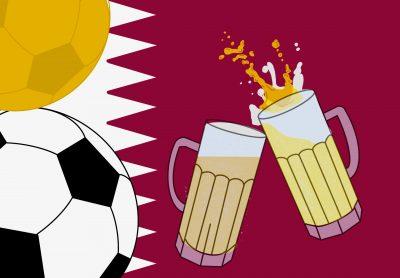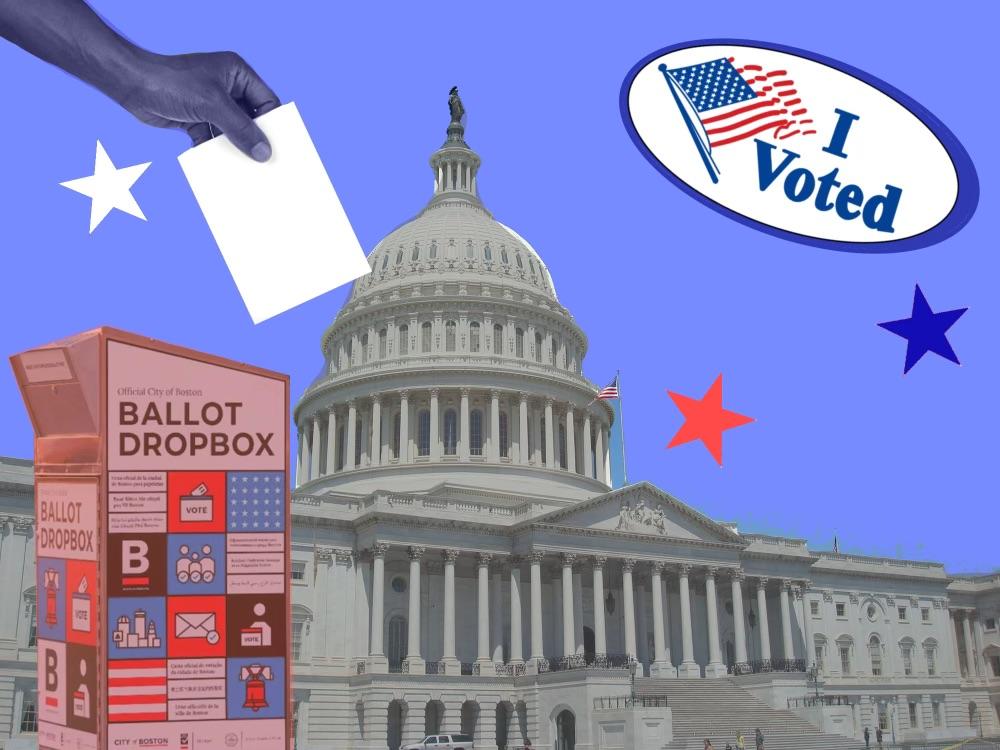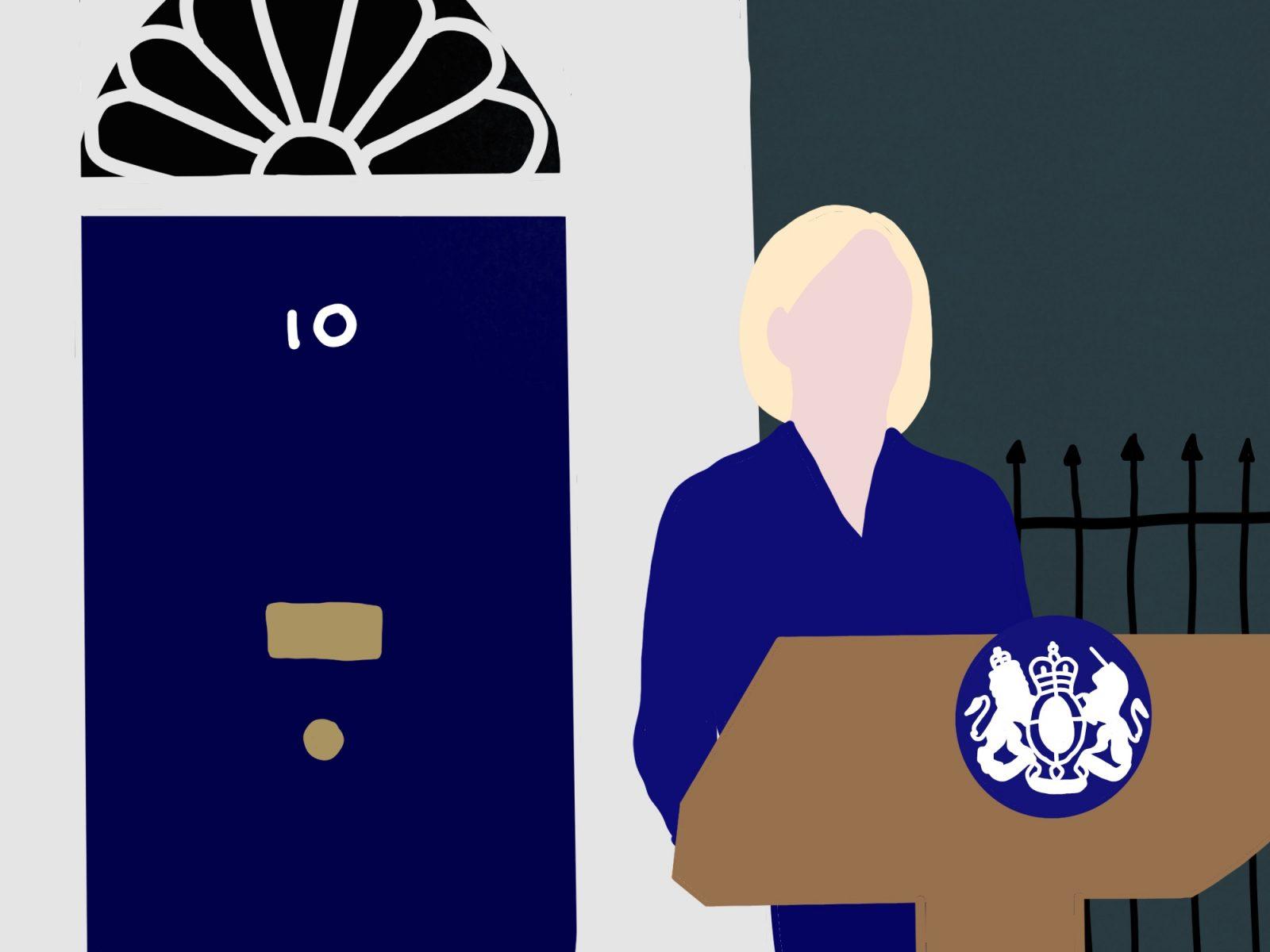The FIFA World Cup began in Qatar on Nov. 20, but controversy emerged long before the soccer matches actually started.
While there were a long list of issues surrounding the Cup’s location, there was one specific controversy that arose just two days before the World Cup began that could have profound economic consequences throughout the Middle East and North African region — Qatar’s decision not to sell alcohol and beer at World Cup stadiums.
Many MENA countries have been placing and winning bids over the past few years to host world sporting events, such as Saudi Arabia winning the bid to host the 2029 Asian Winter Games.
This has been considered a huge deal for the MENA region, as sporting events bring in billions of both domestic and foreign revenue to the host country. Not only that, but for years, the MENA region had never hosted global sporting competitions. The 2022 FIFA World Cup in Qatar is the first ever hosted in the Arab world.
It is important to note that one of the main reasons so many MENA countries are hoping to host sporting events is because of their economic diversification efforts in recent years. With the global push toward eliminating carbon emissions and cutting back on fossil fuels, the MENA countries risk losing a significant portion of their wealth.

Specifically, countries such as the United Arab Emirates, Saudi Arabia and now Qatar have been working to diversify their economies so they can retain wealth once their oil stock is no longer a global asset.
Common methods of diversification include global tourism, with Saudi Arabia’s Crown Prince Mohammed Bin Salman’s efforts to turn the Red Sea into a tourist destination, build new skyscrapers, such as the Burj Khalifa in Dubai and host international events, such as the World Cup.
Unfortunately, these efforts may be facing a new hurdle, all because of one decision Qatar made about the sale of beer.
Qatar’s decision came after weeks of debate with FIFA due to the fact that the sale of alcoholic beverages is significantly limited in the country. There had already been restrictions put on the sale of alcohol, but it seemed that it had been decided that alcohol, especially beer, would still be on sale at the stadiums. This assumption was incorrect, and frankly, the world should have seen it coming.
Qatar’s consistent resistance and ultimate ban on the sale of alcohol at World Cup stadiums is due to the country’s strict alcohol laws, as it is a Muslim majority country. In Islam, alcohol is considered to be harmful, and many Muslim majority countries have severe limitations or bans on alcohol. The Qatar World Cup’s cultural awareness guidance stated prior to the World Cup that alcohol consumption is “not a part of local culture” in Qatar.
Qatar’s decision not only disappointed thousands of soccer fans, but it also put FIFA in an incredibly difficult position at the last minute, particularly in regard to Budweiser — the beer sponsor of the FIFA World Cup. Putting both a powerful organization and a powerful company in a situation where they will lose paying customers does not bode well for Qatar — and it is not just Qatar who will pay the price for this decision.
Now the question arises — since the world has now seen a MENA country not allow the sale of beer at one of the biggest global sporting events, will we now assume that this same incident will happen at future events hosted in the region?
Qatar’s decision put a bad taste in the mouth of FIFA, and likely, other major sporting companies like the NBA, who has previously hosted preseason games in Abu Dhabi, the NFL, who periodically hosts games abroad and the International Olympic Committee.
Qatar will face the consequences of this in the future, but they still got to host the World Cup this year. The other MENA countries will also likely face the consequences, because that decision reflects badly on the entire MENA region. These countries might have just had their hopes quashed for hosting a future international sporting event.
The companies involved in Qatar’s World Cup will probably not want future economic trouble, so it is likely they will be hesitant to sponsor an event in the region in the near future.
Trust has been broken between the MENA nations and international sporting companies, all due to Qatar not loosening on their alcohol regulations for just a short period of time. Now it is up to the other MENA nations to regain that trust and rebuild their reputation.



























































































































